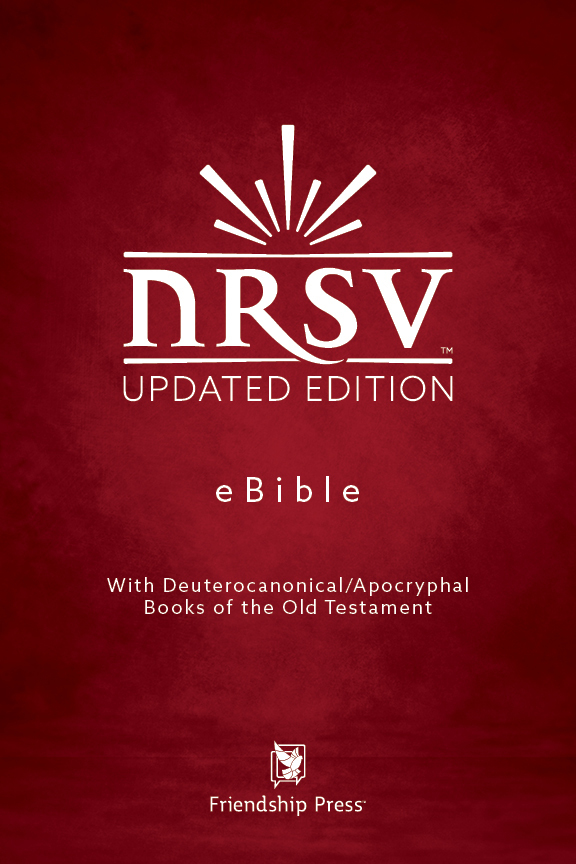List of New Testament verses not included in modern English translations
From Wikipedia, the free encyclopedia
See also: List of major textual variants in the New Testament
The New Testament verses not included in modern English translations are verses of the New Testament that exist in older English translations (primarily the King James Version), but do not appear or have been relegated to footnotes in later versions, such as the New International Version (NIV). Scholars have generally regarded these verses as later additions to the original text.
Although many lists of missing verses specifically name the NIV as the version that had omitted them, these same verses are missing from the main text (and mostly relegated to footnotes) by the Revised Version of 1881 (RV), the American Standard Version of 1901,[1] the Revised Standard Version of 1947 (RSV),[2] the Today's English Version (the Good News Bible) of 1966,[3] and several others. Lists of "missing" verses and phrases go back to the Revised Version[4] and to the Revised Standard Version,[5] without waiting for the appearance of the NIV (1973). Some of these lists of "missing verses" specifically mention "sixteen verses" – although the lists are not all the same.[6]
The citations of manuscript authority use the designations popularized in the catalog of Caspar René Gregory, and used in such resources (which are also used in this remainder of this article) as Souter,[7] Nestle-Aland,[8] and the UBS Greek New Testament[9] (which gives particular attention to 'problem' verses such as these).[10] Some Greek editions published well before the 1881 Revised Version made similar omissions.[11]
The criterion for the editorial decision about excluding these passages was never religious doctrine or sentiment, but always whether the tangible evidence indicated the passage was probably in the original New Testament text or was a later addition. The removal or relegation of these verses was done in keeping with the principle of critical editing, as articulated (but not originated) by what Rev. Samuel T. Bloomfield wrote in 1832, "Surely, nothing dubious ought to be admitted into 'the sure word' of 'The Book of Life'."[12] A movement called King James Version Only (KJVO), which believes that only the King James Version (KJV) of the Bible (1611) in English is the true word of God, has sharply criticized these translations for the omitted verses.[13][14]
In most instances another verse, elsewhere in the New Testament and remaining in modern versions, is very similar to the verse that was omitted because of its doubtful provenance. These are mentioned to show that the omission of the doubtful verse did not cause the loss of the teaching it expressed.
Contents
1 The sixteen omitted verses
1.1 (1) Matthew 17:21
1.2 (2) Matthew 18:11
1.3 (3) Matthew 23:14
1.4 (4) Mark 7:16
1.5 (5 & 6) Mark 9:44 & 9:46
1.6 (7) Mark 11:26
1.7 (8) Mark 15:28
1.8 (9) Luke 17:36
1.9 (10) John 5:3–4
1.10 (11) Acts 8:37
1.11 (12) Acts 15:34
1.12 (13) Acts 24:6–8
1.13 (14) Acts 28:29
1.14 (15) Romans 16:24
1.15 (16) 1 John 5:7–8
2 Some other omitted verses
2.1 Matthew 20:16 (b)
2.2 Mark 6:11 (b)
2.3 Luke 4:8 (b)
2.4 Luke 9:55–56
2.5 Luke 23:17
2.6 Acts 9:5–6
2.7 Acts 13:42
2.8 Acts 23:9 (b)
3 Not omitted but boxed
3.1 Mark 16:9–20
3.2 John 7:53–8:11
4 Other English translations
5 Versification differences
5.1 Romans 14 and 16
5.2 2 Corinthians 13:14
5.3 3 John 15
5.4 Revelation 12:18
6 See also
7 References
I’m sure you know that NIV was published by Zondervan but is now OWNED by Harper Collins, who also publishes the Satanic Bible and The Joy of Gay Sex.
The NIV has now removed 64,575 words from the Bible including Jehovah, Calvary, Holy Ghost and omnipotent to name but a few…
The NIV and ESV and other versions have also now removed 45 complete verses. Most of us have the Bible on our devices and phones.
Try and find these scriptures in NIV or ESV on your computer, phone or device right now if you are in doubt:
Matthew 17:21Open in Logos Bible Software (if available), 18:11Open in Logos Bible Software (if available), 23:14Open in Logos Bible Software (if available); Mark 7:16Open in Logos Bible Software (if available), 9:44Open in Logos Bible Software (if available), 9:46Open in Logos Bible Software (if available); Luke 17:36Open in Logos Bible Software (if available), 23:17Open in Logos Bible Software (if available); John 5:4Open in Logos Bible Software (if available); Acts 8:37Open in Logos Bible Software (if available)
…you will not believe your eyes.
Let’s not forget what the Lord Jesus said in John 10:10Open in Logos Bible Software (if available) (King James Version)
THE SOLUTION
If you must use the NIV or ESV
BUY and KEEP AN EARLIER VERSION OF the BIBLE. A Hard Copy cannot be updated. All these changes occur when they ask you to update the app. On your phone or laptop etc. Buy and KEEP EARLIER VERSIONS AND STORE THEM.
There is a crusade geared towards altering the Bible as we know it; NIV and many more versions are affected.
List of New Testament verses not included in modern English translations - Wikipedia



